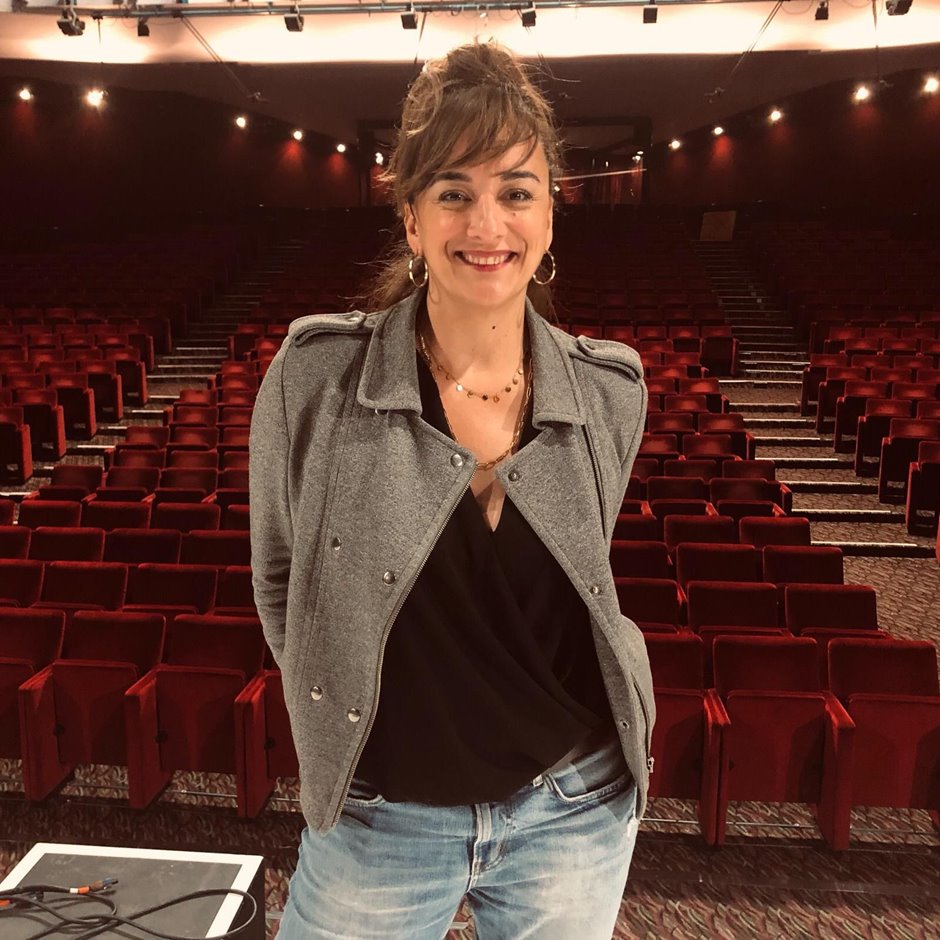Every crisis is an opportunity
‘The trick is to be agile enough to see the opportunities in every crisis.’ HKU fellow Iva Horvat has always lived by this motto. She was a student in times of war and used the 2008 financial crisis to leave the stage and switch to international management of performing arts. She inspires and enriches HKU lecturers and students ‘on demand’ with her international perspective and network.

'Dutch students have it easy'
In the Netherlands, this necessity to look beyond the national borders is not that strong, Horvat notices. ‘There is financial support for artists in the Netherlands.’ Usually, you have to meet a certain number of performances per year for this, but the Netherlands has a very good local system for touring. That makes it simply unnecessary to look any further. You only go abroad to learn things; to try something new’. And in a way, that’s a shame, Horvat thinks.
‘When I look around and compare internationally, I find that HKU is quite protective towards its students. And when you graduate, you have options. There are production studios that will hire you and help you grow. You don’t have that at all in Spain. When you finish your studies, you’re on your own. It’s good for Dutch students to travel around and learn that things are different in most places. Just to be aware of that.’‘You should never think: the way we do things here is the way it should always be. The world is huge. And every country, no matter how small, has its own rules and conventions.’ Horvat should know: with her agency, Art Republic, for which she collaborates with Elise Garriga, she is active in Europe, South America, North America, and Asia. ‘I wanted to keep working in the creative sector. And when you have been on the stage yourself, you better understand that aspect. There are loads of people who studied management or something similar, yet never saw things from the maker’s perspective. I think this makes us different from other agencies. We are perfectly capable of discussing the creative aspect as well.’
'Are you agile enough?'
As fellow of HKU, Horvat works “on demand”. She often talks with lecturers, and wants to help students and alumni shape their profile. ‘And when someone has questions about, for example, new methods to work with, I might know of a project that has already tried similar methods, and connect them. And if I don’t know any, we’ll simply find them. That is also part of my job: to seek out and establish new connections.’
The general lesson Horvat wants lecturers and students to learn from her, is to be flexible. ‘Corona was another crisis that required you to look critically at yourself. Are you as flexible as you should be?’